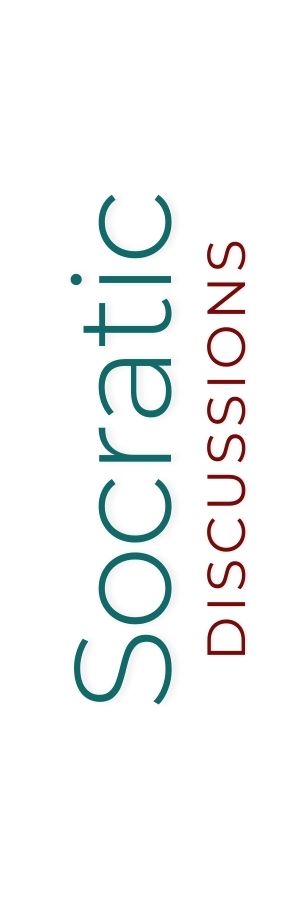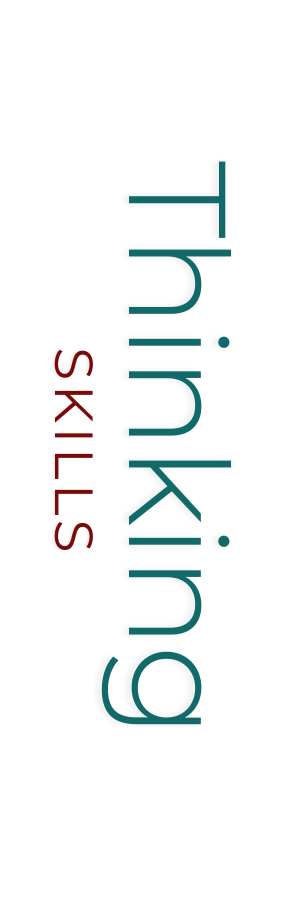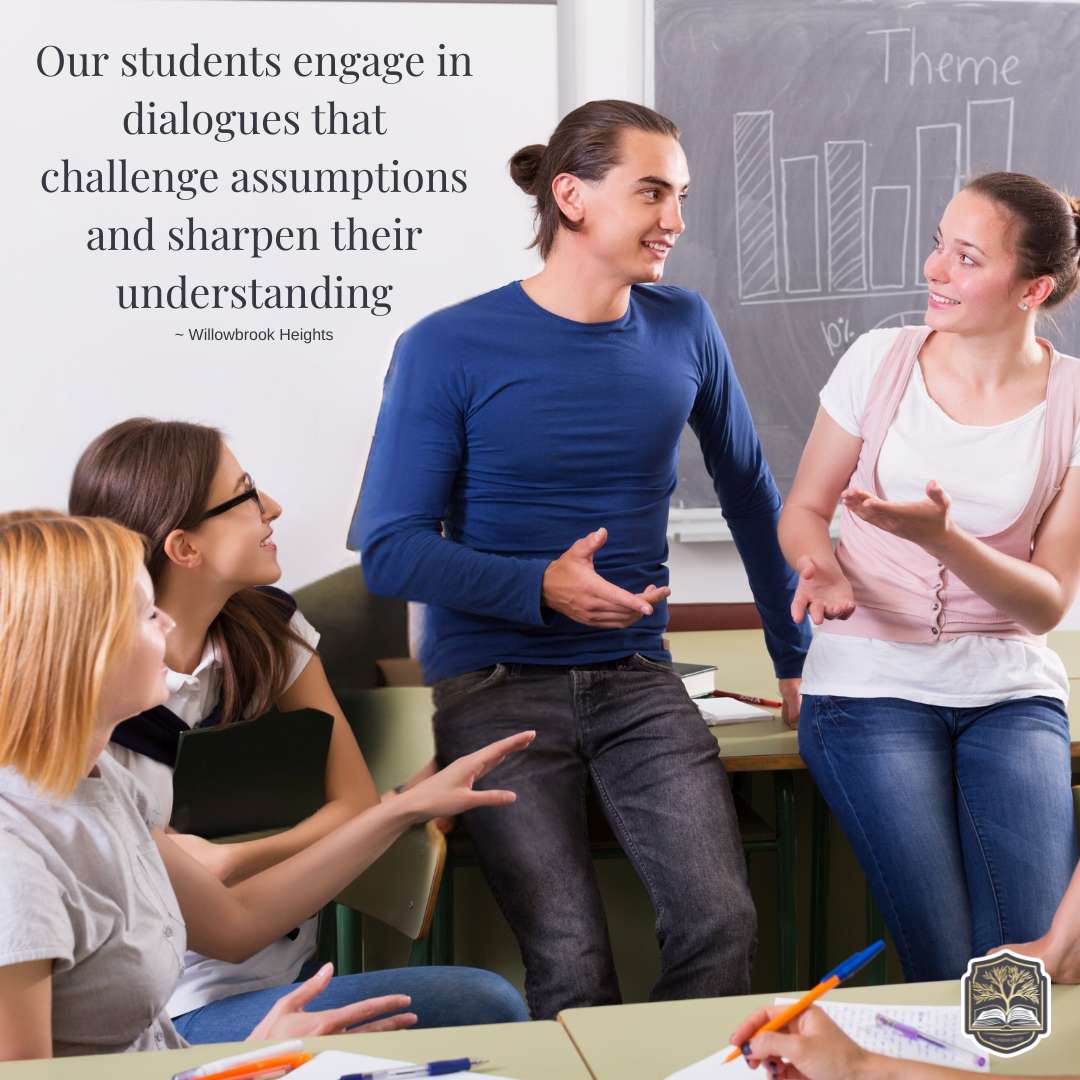At Willowbrook Heights, our approach to education revolves around empowering students to become critical thinkers—individuals who are equipped to navigate a world inundated with information.
A recent video featuring insights on thinking from great philosophers and educators like Bertrand Russell and Socrates reinforces the importance of teaching not what to think, but how to think. This is the cornerstone of our senior curriculum.
The Challenge of Thinking
The speaker in the video captures a fundamental truth: thinking is hard work. It’s easier to accept ideas passively or rely on intellectual shortcuts than to rigorously examine new concepts. As Bertrand Russell famously observed, “Most people would sooner die than think.” This stark reality challenges educators to cultivate habits of curiosity, analysis, and intellectual honesty in their students.
We recognize that these habits don’t emerge by chance—they must be intentionally taught. We reject the notion of “blurry edge” thinking, where ideas remain half-formed and unexamined. Instead, we engage our students in practices that demand clarity, precision, and depth.

A Timeless Method
The video highlights the enduring relevance of Socratic questioning, a technique pioneered by Socrates over 2,000 years ago. By asking probing questions, Socrates encouraged his students to uncover assumptions, challenge inconsistencies, and deepen their understanding.
Our senior students encounter this method daily. In our classrooms, discussions are driven by open-ended questions like:
•What assumptions underpin this argument?
•What evidence supports this claim?
•How might someone with a different perspective interpret this idea?
Through these dialogues, students learn to identify logical fallacies, evaluate evidence, and refine their positions—all skills essential for thriving in a democratic society.
Bertrand Russell’s Ten Commandments of Thought
The video also shares Bertrand Russell’s “Ten Commandments,” a guide for rigorous thinking. Principles such as “Do not feel absolutely certain of anything” and “Be scrupulously truthful, even if the truth is inconvenient” resonate deeply with our values. These maxims remind us that intellectual humility and integrity are not just academic virtues but essential life skills.
At Willowbrook Heights, we teach our students to balance skepticism with openness, cultivating a mindset that questions confidently while remaining receptive to new ideas.
The Role of Curiosity
Curiosity, as the speaker emphasizes, is the engine of great thinking. It fuels the desire to question, to explore, and to understand deeply. By fostering an environment where students are encouraged to ask why and how, we empower them to delve into classic literature, debate contemporary ethical dilemmas, and follow their intellectual passions with purpose. This commitment to curiosity transforms learning into a journey of discovery.
Practical Steps for Thinking Better
The video offers actionable advice for improving one’s thinking—steps we integrate into our classrooms every day:
- Careful Listening and Reading: Students are taught to analyze the arguments they encounter, asking whether they are logical, consistent, and supported by evidence.
- Evaluating Emotion vs. Logic: Our lessons help students distinguish between arguments designed to provoke emotion and those grounded in reason.
- Reflecting on Great Thinkers: From Aristotle to C.S. Lewis, our curriculum introduces students to timeless ideas, challenging them to critically evaluate and apply these concepts to their own lives.

Why This Matters
In an era dominated by rapid information and persuasive narratives, the ability to think critically is more essential than ever. At Willowbrook Heights, we prepare our students not only to succeed academically but to become discerning, ethical leaders who contribute meaningfully to their communities.
This alignment between the video’s insights and our educational philosophy underscores why critical thinking lies at the heart of everything we do. We invite parents, educators, and lifelong learners to join us in this journey—to think deeply, question courageously, and seek truth relentlessly.


